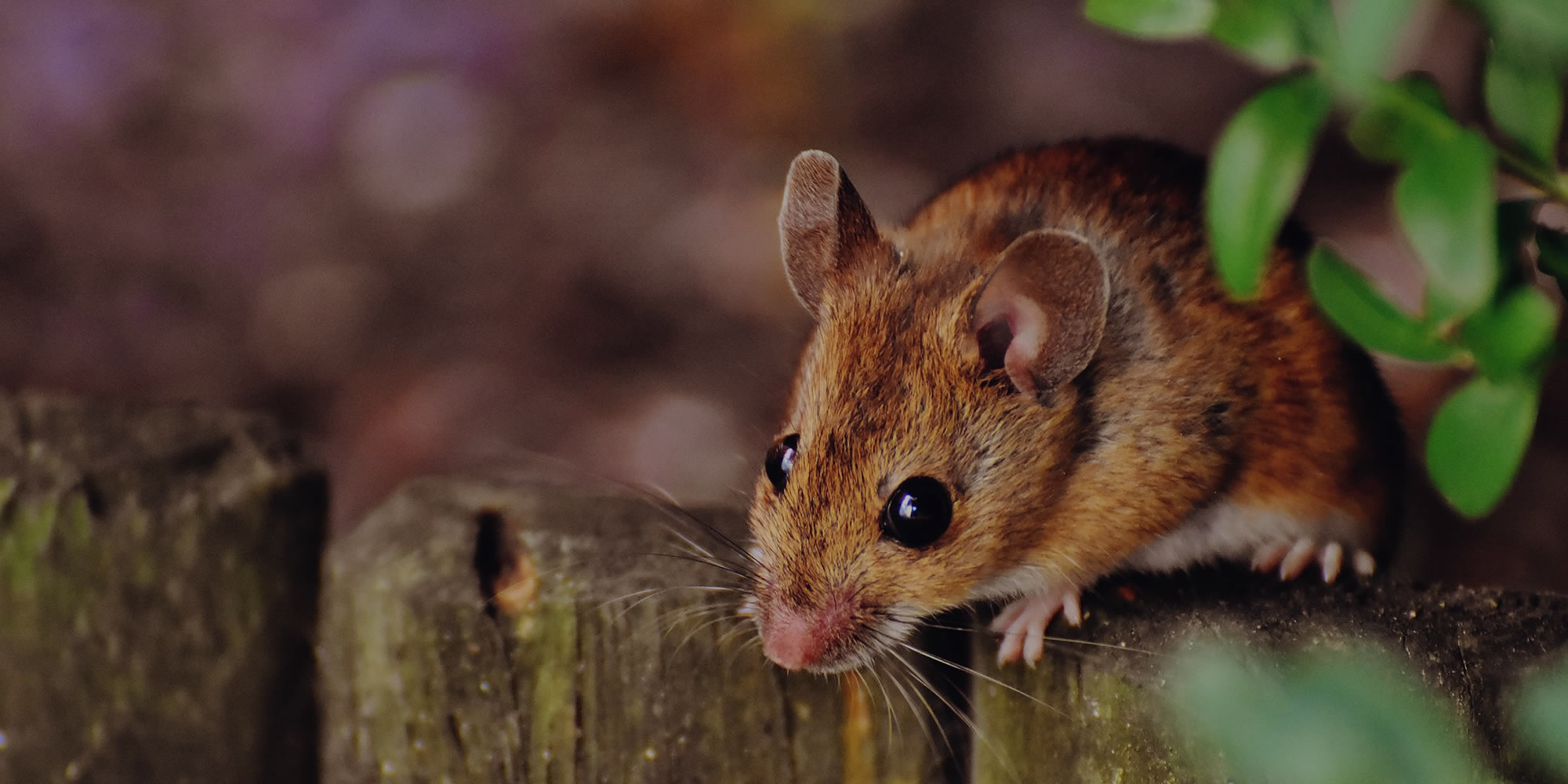Bed bugs are making a comeback nationwide and the pest control industry is seeking new technologies to combat the increasingly pesticide-resistant insects. Cutting-edge technologies at both ends of the temperature spectrum include Cryonite which uses a non-toxic carbon dioxide snow to instantly freeze and kill the noxious pests and giant infrared heaters that raise the temperature in a room and bake the bugs to death. The University of Minnesota is working on a trap that simulates a sleeping human,![]() the bed bug’s favorite meal.
the bed bug’s favorite meal.
Perhaps the most popular weapon in the bed bug-fighting arsenal – possibly because of its sloppy kisses and wagging tail – is the dog. Dogs, which have been trained to sniff out weapons, arson, drugs, missing persons, termites and cancer, are now being trained to detect and pinpoint bed bugs and their eggs, helping exterminators target treatment areas.
The average dog has 200 to 250 million scent receptors in its nose. Its nasal membranes cover seven square meters. In comparison, human nasal membranes cover barely half a meter and contain only 5 million receptors. A dog’s scenting ability is so sensitive it can smell things that can’t be detected by the most sensitive scientific instruments. Depending on the dog and its training, a dog’s sensitivity to odors is 10 to 100 times greater than man’s.

“A dog’s nose is cutting-edge technology,” Carl Massicott, owner of Connecticut’s Advanced K9 Detectives, told the New York Daily News. “Our animals are 100 percent honest and trained to work for food and love instead of profits.” It’s the dog owners who are raking in the profits. Depending on facility size and travel time, the cost of K-9 bed bug detection is about $200 per hour.
Typically K-9 services provide initial and follow-up detection but not bed Pest control near me bug extermination services. Dogs can help pest control experts determine what areas to treat and in follow-up can indicate whether all bed bugs have been killed.
A trained dog can thoroughly investigate a room and locate bed bug infestations in two to three minutes, less time than it takes a human technician who must rely on visual clues which can require a thorough inspection of the home. Typically, dogs can detect infestations within a three-foot radius but may not be able to narrow it down further. For example, a dog may indicate that bed bugs are under a piece of furniture but be unable to indicate whether the bugs are hiding in furniture joints or floorboard crevices. Dogs are trained to alert their handlers to the presence of bed bugs by swatting a paw or barking. Smaller dogs are favored for their ability to negotiate tight spaces.
Pepe Peruyero, owner of J&K Canine Academy, got started in the pest control business by training dogs to detect termites. A former law enforcement officer who worked with K-9 units in Gainesville, Florida, Peruyero assisted University of Florida entomologists in conducting rigorous scientific tests to determine dogs’ ability to detect insects. Those tests confirmed that dogs could detect not only termites, but several other types of insects, including bed bugs, and a business venture was born. Employing the same training techniques used to train drug- and bomb-sniffing dogs, Peruyero was able to develop training and testing standards for bug-sniffing dogs.
Today, business is booming. Last year Peruyero trained just one dog to sniff out bed bugs, but this year he has already trained 15 dogs and has another dozen or so dogs on the waiting list. His is one of only six facilities worldwide that train dogs to detect bed bugs. Training takes five days and includes training the dog’s handler. Handler and dog teams must prove themselves in simulated hotel room settings, detecting the presence or absence of bed bugs with 100 percent accuracy before graduation. To prevent dogs from spreading bed bugs while they’re working, handlers are taught specific grooming protocols that include brushing, cleaning and drying the dog immediately before and after a job.